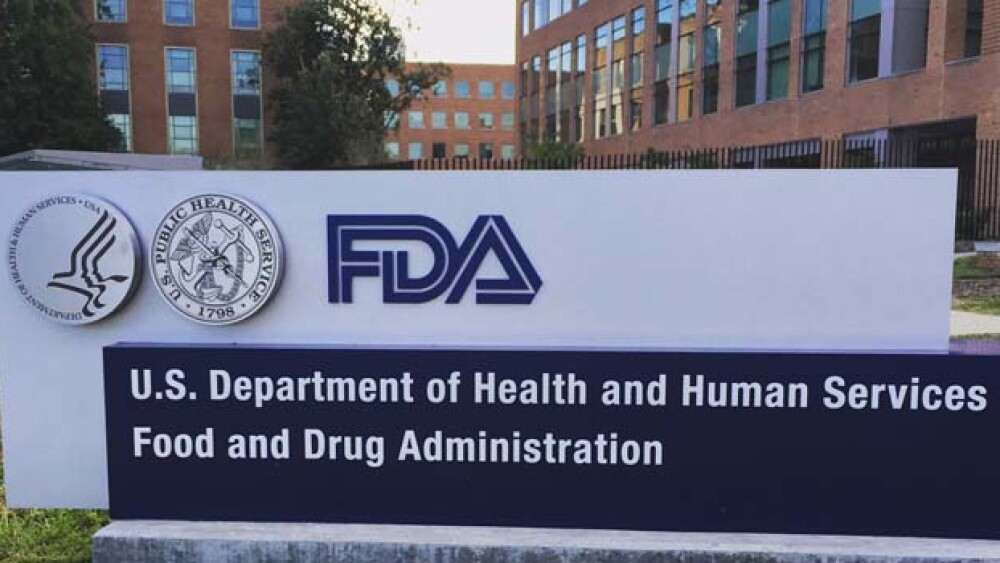Amicus announced that the FDA accepted its NDA for migalastat to treat Fabry disease in patients with amenable mutations.
Amicus Therapeutics based in Cranbury, New Jersey, announced that the U.S. Food and Drug Administration (FDA) accepted its New Drug Application (NDA) for migalastat to treat Fabry disease in patients with amenable mutations. It was granted along with a priority review, giving the company a PDUFA date of August 13, 2018.
Fabry disease is a progressive, inherited lysosomal storage disorder. It is the result of a deficiency in the enzyme alpha-galactosidase A (alpha-Gal A), caused by mutations in the GLA gene. This results in accumulation of specific lipids, especially GL-3, in the heart, kidneys, central nervous system, skin and other tissues. It causes pain, kidney failure, heart disease, and stroke.
Migalastat is called a chaperone therapy. It stabilizes the body’s dysfunctional enzyme, allowing it to clear the accumulation of the specific lipids. The company has developed a laboratory test called the Galafold Amenability Assay, that classifies more than 1,000 known GLA mutations as “amenable” or “not amenable” to treatment with migalastat.
The drug has already been approved in Europe as a first-line therapy for adults and adolescents aged 16 years and older with a confirmed diagnosis of Fabry disease who have an amenable mutation. In Europe, the drug’s trade name is Galafold.
In the U.S., about 3,000 people have been diagnosed with Fabry disease.
“The FDA’s acceptance of our first Amicus NDA submission under priority review is an important step toward a potential oral precision medicine option for the Fabry disease community in the U.S.,” said John Crowley, Amicus’ chairman and chief executive officer, in a statement. “With more than a decade of experience in treating patients with migalastat globally, our team at Amicus has collaborated with leading Fabry disease experts and patient organization leaders to assemble a robust NDA that emphasizes the breadth of our clinical data and experience delivering migalastat to patients. We look forward to continuing to work collaboratively with FDA to bring this oral precision medicine to patients who may be able to benefit.”
On February 7, the company released additional positive data from its Phase I/II clinical trial of ATB200/AT2221 in patients with Pompe disease. Pompe disease is also an inherited lysosomal storage disorder. It is caused by an enzyme deficiency that leads to accumulation of glycogen in cells. Patients receiving ATB200/AT2221 for up to 12 months improved in six-minute walk tests (6MWT) distance and other measurements of motor function, stability or increases in forced vital capacity (FVC). They also showed long-lasting decreases in biomarkers of muscle damage and glycogen.
On February 8, Jonathan Faison, writing for Seeking Alpha, said of Amicus, referring primary to the Pompe disease therapeutic, “I still think that accelerated approval in the United States and conditional approval in the European Union are distinct possibilities that could result in material upside, if realized (by no means certain). Even if a traditional pivotal study ends up being the way to go, additional Phase I/II extension data is still a material catalyst that would push shares higher. Management continues to step up efforts to scale the manufacturing to levels necessary for commercialization. I look forward to feedback from regulators within the next quarter or two.”





